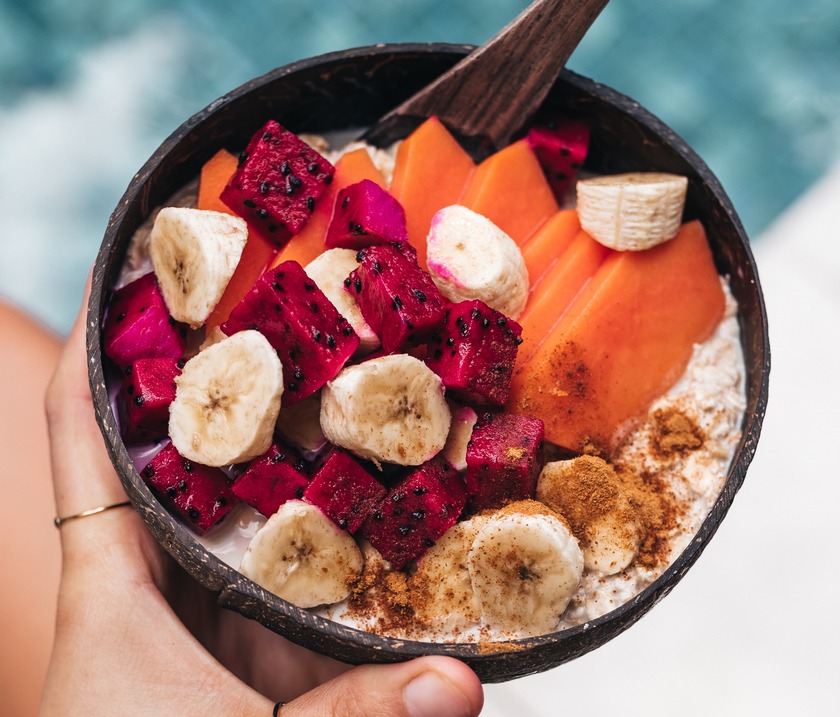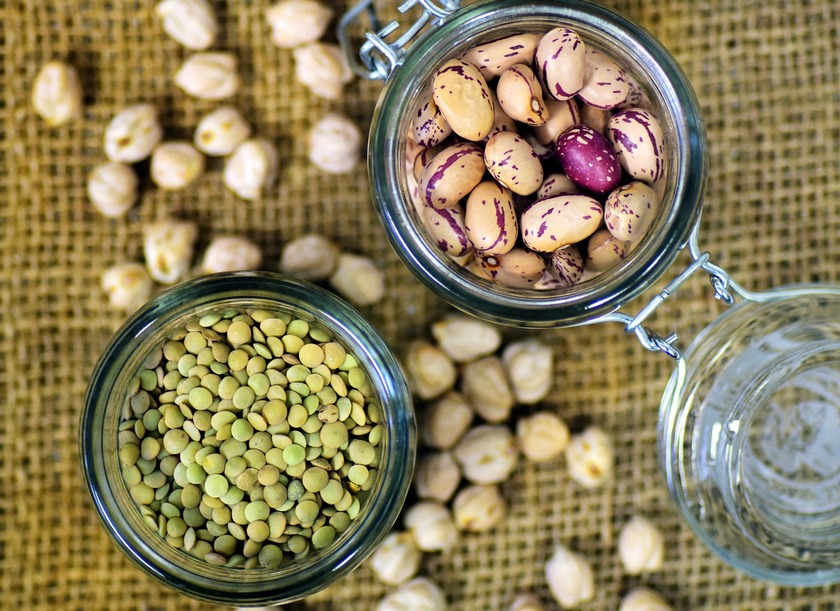As a vegan, you’ve made the conscious choice to eliminate animal products from your diet for various reasons, such as ethical concerns, environmental impact, and health benefits. While this lifestyle choice aligns with your values and beliefs, you may find yourself facing a common challenge: how to convince your meat-eating friends to eat less animal products?
How Do I Persuade My Friends to Eat Fewer Animal Products?
Truth be told, nobody expects you to successfully persuade them to change their eating habits right away. Truth be told, not everyone will be receptive to this approach. Many individuals, however, follow a meat diet simply because they have never been exposed to plant-based foods in their social circle. More often than not, you’ll find that people simply follow the diet they experienced growing up, and therefore are uncertain how to embrace more plant-based and veggie products. Indeed, it is important to understand that habit is a strong aspect of any diet, and that, as a result, any habit can take a lot of time to break.
#1. Veganize it! Eating less meat doesn’t mean throwing away favourite recipes
Some meat-eaters understand the ethical and environmental benefits of a plant-based diet, no doubt. However, as a result of their dietary habits, they are worried that excluding meat would make their diet taste bland. This is your chance to show them an easy way to make plant-based food enjoyable. One of the most effective ways to eat less animal products is to seek plant-based alternatives to their favourite dishes. Whether they are a burger lover or a spaghetti bolognese enthusiast. There are plenty of delicious, cruelty-free options available that can satisfy their cravings. For a start, you might want to direct them to a popular recipe website that includes meatless recipes - for example, this veggie burger recipe from PreppyKitchen, which is packed with protein and yumminess (he includes eggs in the recipe so do tell your friend about the perfect egg replacement: flax seeds and water!)
Some of the most popular ingredients used to create meat-like textures tend to be mushrooms, quinoa, nuts, rice, black beans, and soybeans (soy mince especially) and lentils. These alternatives are just as rich in flavour as the real deal for meat eaters, and they can help reduce animal products intake without sacrificing pleasure (or the protein content!).
#2. Diversify their food variety: introducing tasty plants and fungi they haven't tried yet
Did you know that 75% of the global food supply comes from only five animal species and 12 plants? This limited diversity can lead to dietary monotony, which is why omnis are more likely to struggle with vitamin and nutrient insufficiencies. Indeed, calcium, iron, zinc deficiencies are typically associated with “not consuming enough animal products”.
In reality, there are plenty of missed opportunities to explore a world of delicious and nutritious plant-based options. This could start by introducing your friends to a wider variety of vegetables and plant-based foods that put more nutrients on the plate than the typical rump-steak. From a wider variety of locally available fruit and veg (check your own region first!) to exotic fruit from abroad, grains, and various legumes, there are many nutritious flavours and nutrient-packed plants and mushrooms for them to explore. These foods can be high in calcium, iron, zinc and protein, which makes it easier to remove meat and combat the fear of deficiencies!
#3. Start small: One step at a time!
Transitioning to a more plant-based diet doesn’t have to be an all-or-nothing endeavour. You can encourage your friend to start small by dedicating one day per week to eating plant-based and veggie meals (or dare them to do a Veganuary challenge!) This approach not only allows them to experiment with different options and flavours, but it also makes the switch fun and enjoyable.
Wrap Up: How to Convince Your Omnivorous Friends to Eat Less Meat And Fewer Animal Products
In conclusion, if a friend reaches out for help or advice on how to embrace a non-meat diet, you can hopefully take inspiration from this article to guide them towards a greener life. Vegan meals should be embraced as a chance to introduce more flavours, textures, and joy into someone’s diet as well as understanding the ethical issues surrounding the food that’s on our plates - and the kinder decisions that easily can be made.
What about you, have you ever tried and succeeded in convincing any of your friends and family to consume fewer animal products... or perhaps to go vegan entirely? Feel free to share any tips & advice below!










